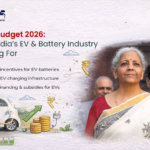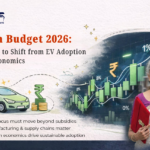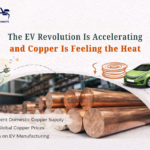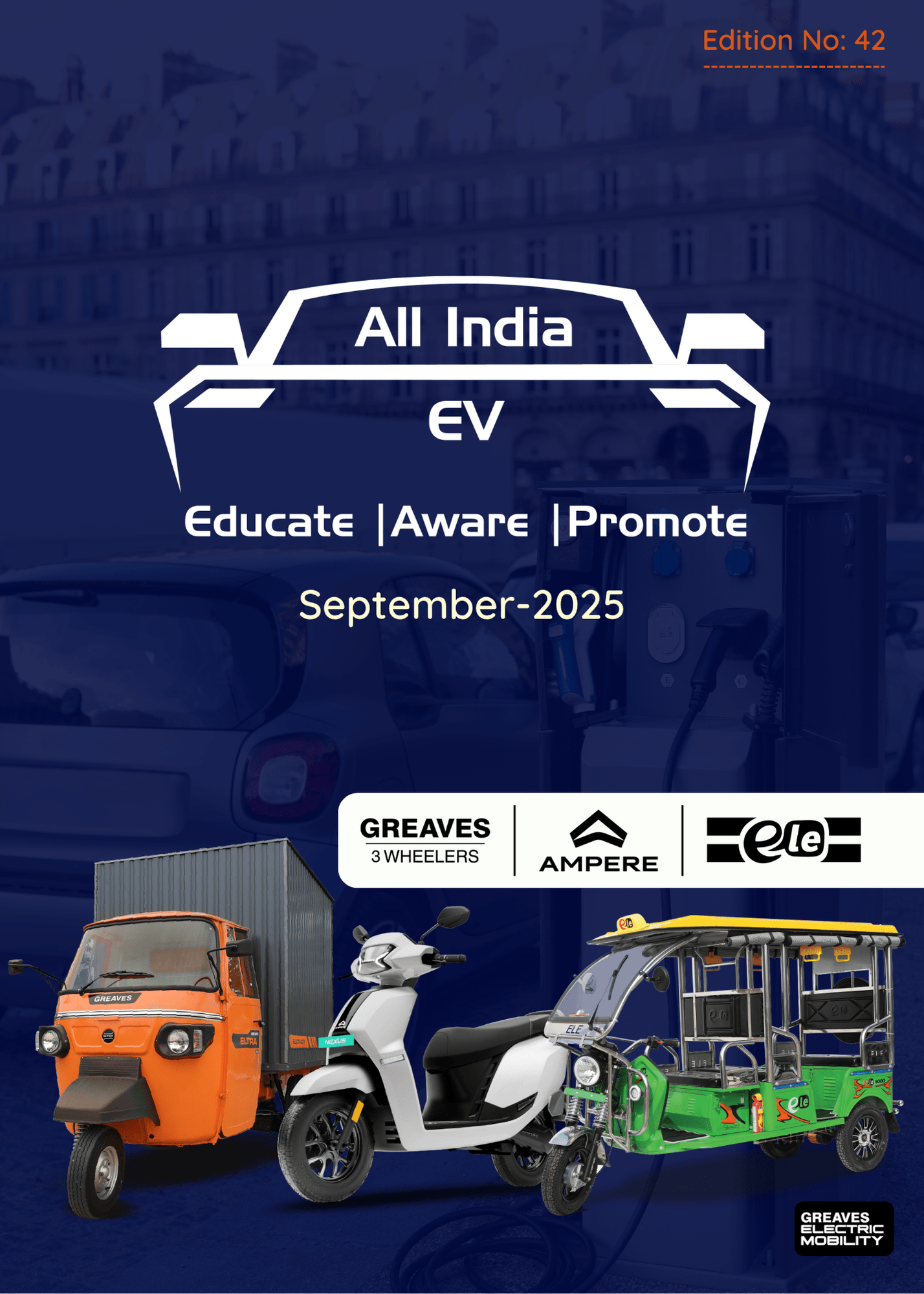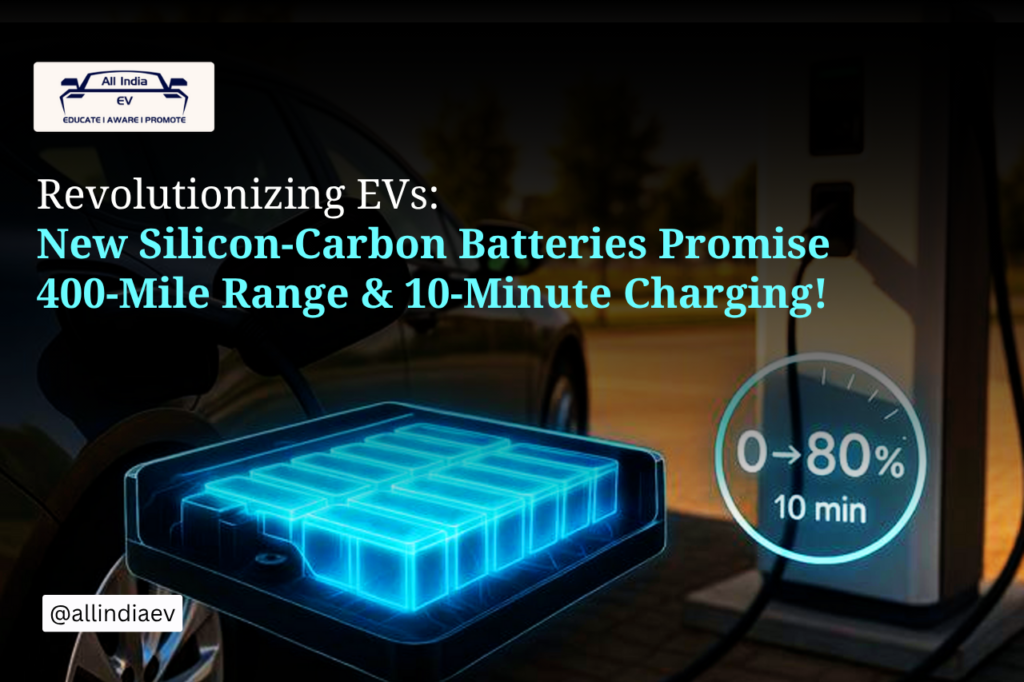
Silicon-Carbon Batteries Promise 0–80% Charge in 10 Minutes and 400+ Mile Range, Aiming to End EV Range Anxiety for Good
- Next-Gen Battery Tech: Higher Energy, Faster Charging
- Overcoming Silicon’s Weakness with a Patented Composite
- Designed for Easy Integration and Real-World Performance
- Charging Network Challenges Remain
- Cost vs. Value: A Trade-Off with Promise
- Not the Finish Line—But a Leap Forward
- India’s EV Future Could Be Silicon-Powered
- The Road Ahead: Fast, Long, and Powered by Silicon-Carbon
In a breakthrough that could dramatically reshape EV adoption in India and worldwide, Group14 Technologies’ new silicon-carbon anode material—SCC55®—is promising over 400 miles of range and 10-minute fast charging. This next-gen battery chemistry could tackle two of the biggest hurdles in EV adoption: range anxiety and long charging times.
Next-Gen Battery Tech: Higher Energy, Faster Charging
The SCC55® material increases cell-level energy density to around 330 Wh/kg, which is about 30% higher than current top-performing graphite-based batteries that typically deliver up to 250 Wh/kg. Future iterations may reach up to 370 Wh/kg, with commercial availability targeted for 2025.
To put this in perspective, EVs today average around 300 miles per charge, but field tests with SCC55®-enabled 75 kWh packs have surpassed the 400-mile mark under real-world conditions.
Equally transformative is the charging speed. Lab tests show SCC55®-based batteries can charge from 0–80% in under 10 minutes using 350 kW ultra-fast chargers—a sharp drop from the 30-minute benchmark of today’s best EVs. However, this performance depends on compatible high-power infrastructure, which is expanding but not yet widespread.
Overcoming Silicon’s Weakness with a Patented Composite
While silicon offers up to 10x more capacity than graphite, it traditionally suffers from swelling and performance degradation. Group14’s patented SCC55® composite embeds silicon into a porous carbon matrix, enabling over 1,500 charge cycles at 80% capacity retention—on par with top-tier lithium-ion cells used in EVs today.
Designed for Easy Integration and Real-World Performance
One of the most practical aspects of SCC55® is its compatibility with existing battery manufacturing lines. It supports common cathodes like NMC, LFP, and LMFP, allowing automakers to adopt the tech without expensive overhauls.
Additionally, SCC55®-based cells can reduce battery pack weight by up to 20%, translating to overall vehicle weight reductions that can improve performance and efficiency. Initial field trials also report better cold-weather performance and enhanced regenerative braking, though full-scale validation is still ongoing.
Charging Network Challenges Remain
Despite the battery’s ability to support 10-minute fast charging, deployment hinges on the availability of 350 kW DC charging stations, which are currently limited in India. According to Group14, each such station could serve up to six EVs per hour, potentially tripling the current throughput of standard fast chargers.
For India, where charging infrastructure is still catching up, scaling up ultra-fast networks will be essential to realize these gains.
Cost vs. Value: A Trade-Off with Promise
While silicon-carbon batteries may carry a 10–20% higher upfront cost, the benefits in charging time, energy efficiency, and battery downsizing could offset expenses in the long run—especially for fleet operators and urban EV deployments. Analysts note that higher initial costs may be justified by operational savings and increased vehicle uptime.
Not the Finish Line—But a Leap Forward
Group14’s innovation marks a significant step forward, though not a complete resolution of EV challenges. While SCC55® addresses energy density and charge time, real-world adoption will require policy backing, OEM alignment, and robust charging infrastructure—especially in emerging markets like India.
India’s EV Future Could Be Silicon-Powered
For India’s fast-growing EV market, technologies like SCC55® offer a powerful boost. If supported by local battery production, PLI-driven incentives, and investment in 350 kW charging stations, India could leapfrog legacy battery tech to deliver longer-range, faster-charging EVs suited for urban and intercity mobility alike.
The Road Ahead: Fast, Long, and Powered by Silicon-Carbon
The SCC55® battery is not just a lab success—it’s a potential turning point. With longer range, faster charging, and better lifecycle performance, India’s EV journey is about to get a powerful upgrade.




